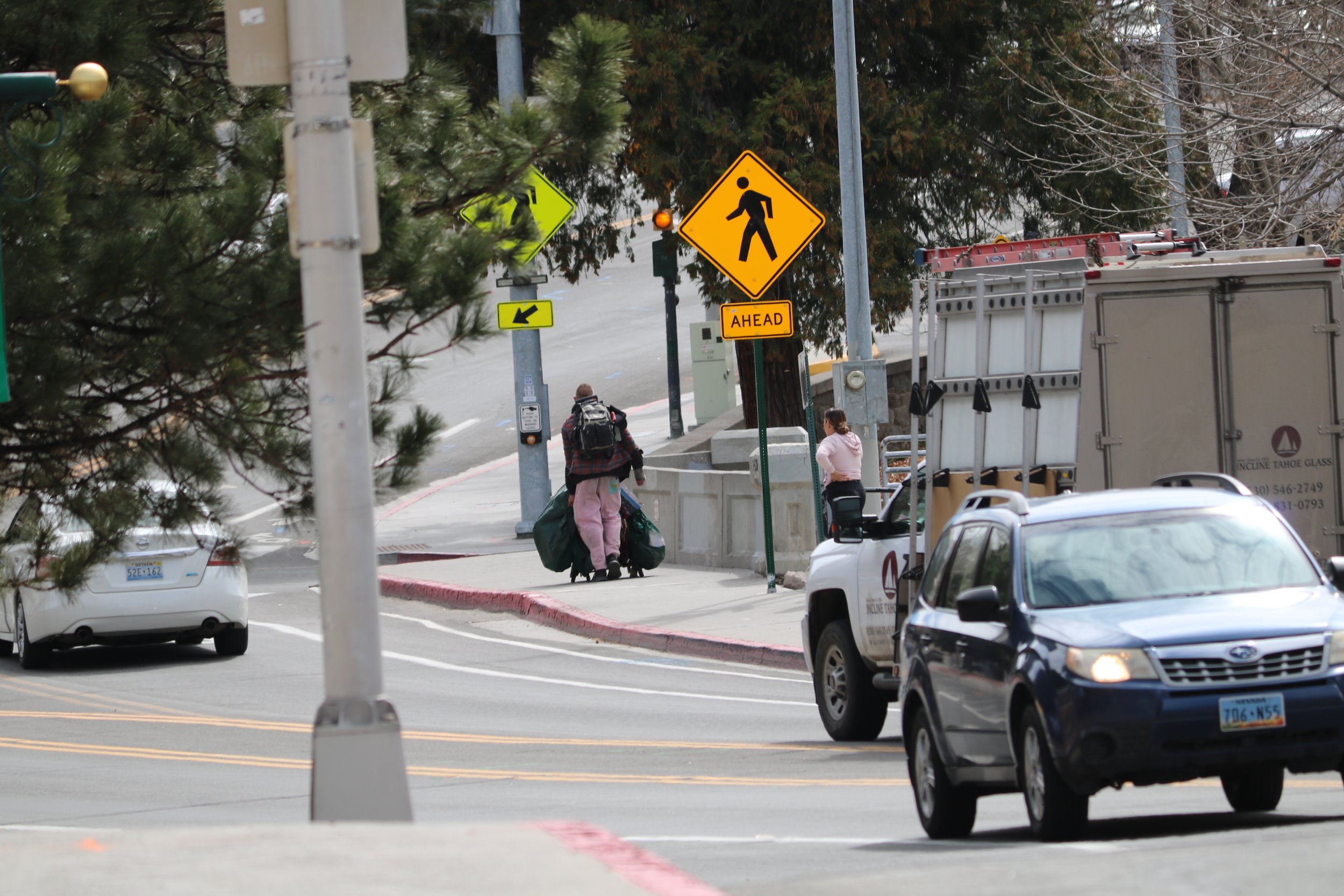In terms of personal changes, several people who responded to our survey said they were still working from home and for the most part enjoying it. One respondent said they were less career oriented, with “lower risk, higher reward positions” making more sense.
Some learned new skills and developed new hobbies, like stock trading or baking bread. Others focused more on creative pursuits, such as music or taking longer walks with their dog. Several said they became more selective in who they choose to spend time with, getting better at saying no to toxic relationships. Several also said they had kids, and refocused their lives around their families and a healthier lifestyle.
In terms of acute difficulties, members of our community reported worrisome debt, stress and isolation, forced separation from family members, increased anxiety and taking anti-depressants.
Those working for tips reported lower wages, while those who had businesses said they were trying their best to keep going, despite short staffing, supply chain problems and inflation.
Higher and higher rent was largely the biggest complaint. One respondent said they made an offer for a dream home at the very start of COVID but with the down payment equalling their entire nest egg, they pulled out due to uncertainty. “Now our rent keeps going up as does housing prices, becoming a homeowner no longer seems possible.” The dream house was then bought by a landlord, they wrote.
One person said they lived in a motel and were just “waiting to get evicted like everyone else.” Another respondent said they moved three times over the span of the pandemic with rising rents and renovations affecting their decisions. Another had to “move and downsize as well as change roommates twice.”
In our section of how Reno and Washoe County are now helping the unhoused with millions of dollars of federal money at their disposal, responses showed alarm.
One respondent said the lack of better help was “almost criminal.” Another called the Cares Campus “a kind of ‘passive’ genocide. Putting vulnerable people (many disabled) in a warehouse with wave after wave of communicable disease is not mere incompetence.” Another called it “a no win situation,” while one respondent said there was “no care.” Many said they had heard of problems or “major issues” at the Cares Campus and several said they wanted ongoing sweeps to stop.
Some expressed frustration there were resources available but many weren’t seeking or getting help.
“I could write a novel the length of Moby Dick about how frustrated I have become with the treatment of unhoused individuals. Not just by local government, but by the public as well,” another wrote.
One person said they believed the pandemic had amplified the number of houseless. One said “Reno used to be a kinder place a long time ago. But now it has a targeted aggressive plan to get rid of as many of the homeless as it can.”
In terms of ideas to make Reno better, answers included housing for all, rent caps on apartments, higher local wages, a new highway for the Spanish Springs, Pyramid Lake area, safe camps, designated safe parking, “a more tolerable view of those in need,” universal basic income, better public transportation with expanded routes, as well as promoting cooperative ownership models.
Many stated expanding affordable housing as what should be the main focus, including for the elderly rather than “words and sell-out to developers.”
To also help the unhoused, one respondent said there should be several more “fully equipped, safe and staffed shelters for the houseless,” as well as a mobile street mental health crisis team and “removal of anti human architecture and spaces.”

